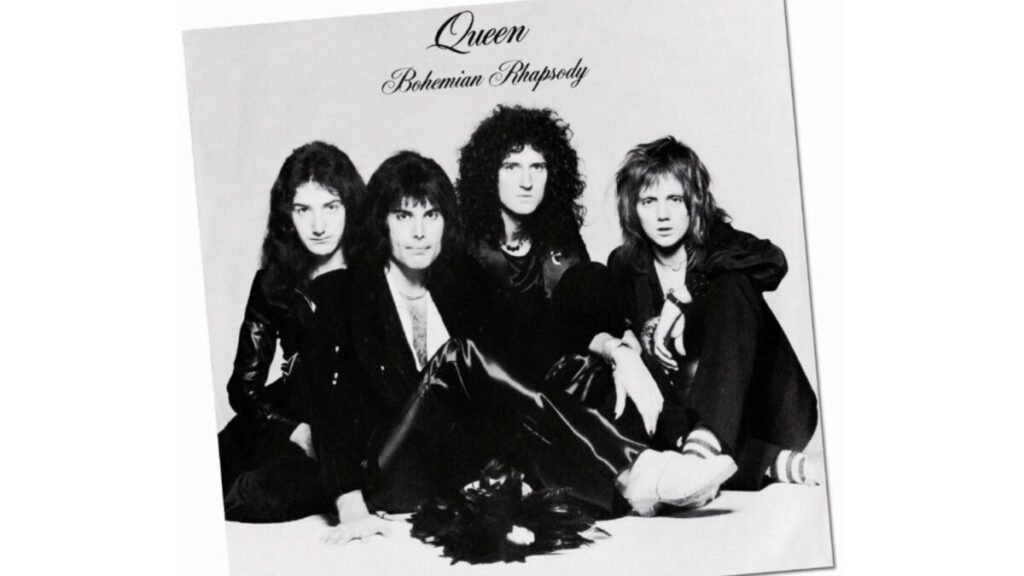The Experiment with Queen and The Beatles that Revealed the Hidden Power of Language to Stir Crowds

Can one word change the mood of thousands of people at once? Researchers from Argentina and the United States posed this question at the TEDxRíodelaPlata event and received a resounding answer. Through a unique experiment that combined music, surveys, and linguistic manipulation, they demonstrated how language has the power to alter the emotional experience of a crowd. The results of their study, published in Humanities and Social Sciences Communications, offer valuable insights into how we collectively perceive reality.
A choir of thousands as a laboratory
The experiment took place in November 2022 during TEDxRíodelaPlata, involving 4,574 participants who volunteered anonymously. The participants were randomly divided into groups, with some singing Hey Jude by The Beatles and others singing We Will Rock You by Queen. Following the musical performances, each group completed surveys with variations in language, some using negative and bellicose words, while others had a more positive or neutral tone.
Words that influence collective emotions
The results were striking: the use of negative terms diminished the satisfaction of attendees with their own performance and that of the opposing group. Furthermore, it impacted how they remembered the experience, clouding their overall perception. Positive words also had an effect, albeit less consistently.
“We observed that negative and bellicose language could overshadow the experience,” explained Dr. Adolfo García, the study’s lead researcher and director of the Center for Cognitive Neuroscience at the University of San Andrés. The linguistic manipulation, though subtle, proved to be quite effective: minor alterations in language were sufficient to change emotional perception within minutes.
Limitations and future research directions
While this experiment is the largest of its kind, the researchers noted certain limitations. The constraints of time during the event necessitated simplified survey questions, and attendees’ attention may have been divided. The researchers suggest conducting studies with smaller groups or exploring other avenues to corroborate their findings.
Nevertheless, the implications are profound: in group settings, language not only describes the experience but also molds it. In a world increasingly inundated with mass communication, understanding this phenomenon is essential for discerning how social, political, and cultural climates are shaped.
Source:






